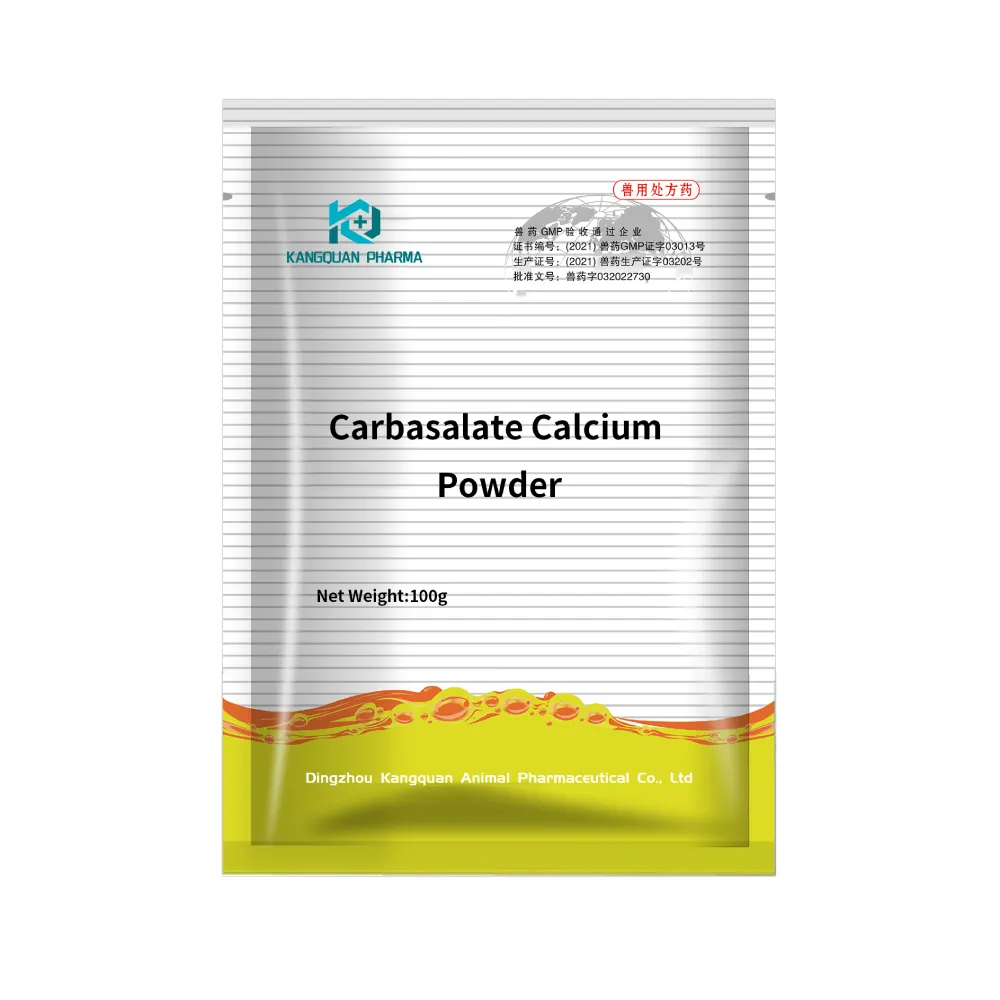- Afrikaans
- Albanian
- Amharic
- Arabic
- Armenian
- Azerbaijani
- Basque
- Belarusian
- Bengali
- Bosnian
- Bulgarian
- Catalan
- Cebuano
- Corsican
- Croatian
- Czech
- Danish
- Dutch
- English
- Esperanto
- Estonian
- Finnish
- French
- Frisian
- Galician
- Georgian
- German
- Greek
- Gujarati
- Haitian Creole
- hausa
- hawaiian
- Hebrew
- Hindi
- Miao
- Hungarian
- Icelandic
- igbo
- Indonesian
- irish
- Italian
- Japanese
- Javanese
- Kannada
- kazakh
- Khmer
- Rwandese
- Korean
- Kurdish
- Kyrgyz
- Lao
- Latin
- Latvian
- Lithuanian
- Luxembourgish
- Macedonian
- Malgashi
- Malay
- Malayalam
- Maltese
- Maori
- Marathi
- Mongolian
- Myanmar
- Nepali
- Norwegian
- Norwegian
- Occitan
- Pashto
- Persian
- Polish
- Portuguese
- Punjabi
- Romanian
- Russian
- Samoan
- Scottish Gaelic
- Serbian
- Sesotho
- Shona
- Sindhi
- Sinhala
- Slovak
- Slovenian
- Somali
- Spanish
- Sundanese
- Swahili
- Swedish
- Tagalog
- Tajik
- Tamil
- Tatar
- Telugu
- Thai
- Turkish
- Turkmen
- Ukrainian
- Urdu
- Uighur
- Uzbek
- Vietnamese
- Welsh
- Bantu
- Yiddish
- Yoruba
- Zulu
7 月 . 20, 2024 12:32 Back to list
Effective Antiparasitic Medications for Dogs Ensuring Health and Wellness in Your Canine Companion
Understanding Antiparasitic Drugs for Dogs
Parasites can be a significant concern for pet owners, with many dogs being susceptible to various types of parasitic infestations. From gastrointestinal worms to external parasites like fleas and ticks, these organisms can cause a range of health issues for dogs, including anemia, skin irritations, and severe illness. This is where antiparasitic drugs play a critical role in maintaining the health and well-being of our furry companions.
Types of Antiparasitic Drugs
There are several categories of antiparasitic drugs, each targeting different types of parasites
1. Anthelmintics These drugs are used to combat internal parasites, primarily worms. Common types include roundworms, tapeworms, hookworms, and whipworms. Drugs like praziquantel, fenbendazole, and pyrantel pamoate are frequently prescribed to dogs to eliminate these harmful organisms.
2. Ectoparasiticides These medications are designed to treat external parasites such as fleas and ticks. They come in various forms, including topical treatments, oral medications, and collars. Popular drugs in this category include fipronil, imidacloprid, and selamectin, which effectively kill or repel these pests, preventing infestations.
3. Preventative Treatments Rather than treating an infestation after it occurs, many pet owners opt for preventative measures. Monthly oral or topical medications can help protect dogs from heartworms and other parasites. Products containing ivermectin or moxidectin are common choices for heartworm prevention.
Importance of Antiparasitic Drugs
dog antiparasitic drugs

Regular use of antiparasitic drugs is essential for several reasons. First, parasites can adversely affect a dog's health, leading to complications that can require extensive veterinary care. For instance, heartworms can cause severe damage to a dog's heart and lungs, while intestinal worms can lead to malnutrition and developmental issues in puppies.
Furthermore, many parasites can also pose a risk to humans, particularly children. Zoonotic parasites, such as certain types of roundworms, can be transmitted from pets to people. By effectively managing parasites in dogs, pet owners not only protect their pets but also safeguard their families.
Administering Antiparasitic Drugs
When it comes to administering antiparasitic drugs, it is crucial to follow the veterinarian's recommendations. Dosage and frequency can vary based on the type of drug, the dog's weight, age, and health status. Some products require a prescription, while others can be purchased over the counter. It is vital to ensure that pet owners choose the right product for their dog, as not all antiparasitic drugs are suitable for every breed or health condition.
Additionally, pet owners should be aware of potential side effects associated with these medications. While most dogs tolerate antiparasitic drugs well, some may experience adverse reactions. Knowing the signs of a potential allergy or other side effects can help owners respond quickly if needed.
Conclusion
Antiparasitic drugs are a vital part of responsible pet ownership. By understanding the different types of antiparasitic treatments available and their significance in preventing and treating parasitic infections, dog owners can better protect their pets' health. Regular veterinary check-ups and consultations will ensure that your dog receives the most appropriate and effective antiparasitic care, keeping them happy, healthy, and free from the burden of parasites. With proactive measures and regular treatments, every dog can enjoy a life free from the threats posed by these pesky invaders.
-
The Power of Radix Isatidis Extract for Your Health and Wellness
NewsOct.29,2024
-
Neomycin Sulfate Soluble Powder: A Versatile Solution for Pet Health
NewsOct.29,2024
-
Lincomycin Hydrochloride Soluble Powder – The Essential Solution
NewsOct.29,2024
-
Garamycin Gentamicin Sulfate for Effective Infection Control
NewsOct.29,2024
-
Doxycycline Hyclate Soluble Powder: Your Antibiotic Needs
NewsOct.29,2024
-
Tilmicosin Premix: The Ultimate Solution for Poultry Health
NewsOct.29,2024













